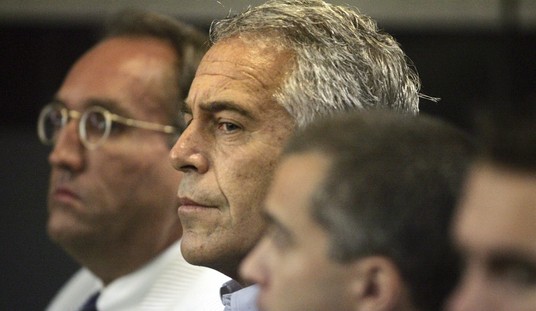President Obama used his speech before the Brandenburg Gate this morning to tout further planned reductions to the U.S. nuclear arsenal.
“This is the latest in a series of concrete steps the President has made to advance his Prague agenda and the long-term goal of achieving the peace and security of a world without nuclear weapons,” the White House said in a fact sheet. “…The guidance narrows U.S. nuclear strategy to focus on only those objectives and missions that are necessary for deterrence in the 21st century. In so doing, the guidance takes further steps toward reducing the role of nuclear weapons in our security strategy.”
Obama’s latest initiative “directs DOD to strengthen non-nuclear capabilities and reduce the role of nuclear weapons in deterring non-nuclear attacks” and “directs DOD to examine and reduce the role of launch under attack in contingency planning, recognizing that the potential for a surprise, disarming nuclear attack is exceedingly remote.
“The President has supported significant investments to modernize the nuclear enterprise and maintain a safe, secure, and effective arsenal,” it continued. The president, though, never followed through on his promises to modernize the arsenal after then Sen. Jon Kyl (R-Ariz.) made a deal with the administration to secure ratification of the New START treaty.
“The U.S. intent is to seek negotiated cuts with Russia so that we can continue to move beyond Cold War nuclear postures,” the White House said. “The resulting strategy will maintain strategic stability with Russia and China, strengthen regional deterrence, and reassure U.S. allies and partners, while laying the groundwork for negotiations with Russia on how we can mutually and verifiably reduce our strategic and nonstrategic nuclear stockpiles and live up to our commitments under the Nuclear Nonproliferation Treaty.”
Rep. Rob Bishop (R-Utah), who along with 33 other lawmakers sent a letter to Obama in February 2012 concerning previous reductions to nuclear weapons systems, immediately slammed the address.
“President Obama is not Dick Cheney, and he is most certainly not President Reagan either. In fact, he’s nothing like Presidents Truman, Eisenhower, or FDR who all recognized the importance of growing and improving upon national defense. Since no discussions have even started with Russia, and the President has no actual plan to implement the reductions, this appears to be more of a publicity stunt than any substantive plan for the U.S.’s future nuclear armament capabilities,” said Bishop.
“The President’s idea to further diminish our nation’s nuclear weapons systems seems to embrace and even encourage the decline of America as a superpower. Making further reductions to our defense systems could leave our country vulnerable, especially as other countries are aggressively advancing their weapons programs and nuclear capabilities,” the congressman continued. “Our land, air, and sea defense systems are essential to the security of the United States and while we all wish we lived in a world free of nuclear weapons, the reality is that we don’t. We need to have the ability to adequately defend our country and allies and today’s decision will hurt our ability to do so.”
“I remain concerned by the fact that the United States is far behind the curve of nuclear advancements, which is only exacerbated by the constant reductions to missile defense made by the current Administration. The U.S. weapons systems are antique compared to some of the modern technologies that have been developed by other countries, including Russia and China, in the last decade. We are not modernizing our arsenal to provide for future deterrence and today’s announcement does nothing to address this. Cutting our nose off to spite our face isn’t a sound national security plan.”
Sen. Bob Corker (R-Tenn.) said any additional limitations of the U.S. nuclear arsenal without first fulfilling commitments to modernization of existing forces could amount to “unilateral disarmament.”
“While the administration has assured me that no further reductions will occur outside of treaty negotiations and the advice and consent of the Senate, the president’s announcement without first fulfilling commitments on modernization could amount to unilateral disarmament,” he said. “The president should follow through on full modernization of the remaining arsenal and pledges to provide extended nuclear deterrence before engaging in any additional discussions.”









Join the conversation as a VIP Member